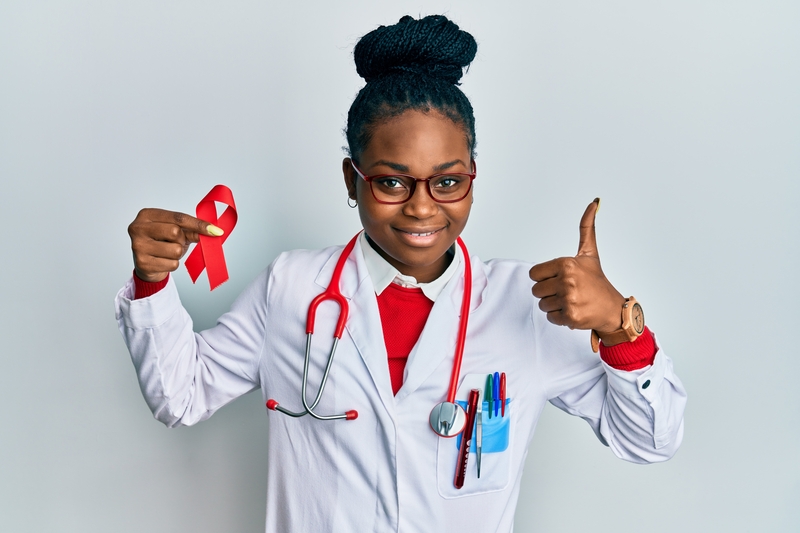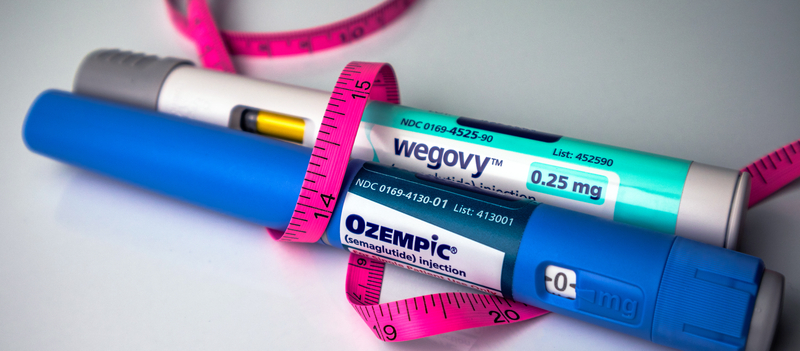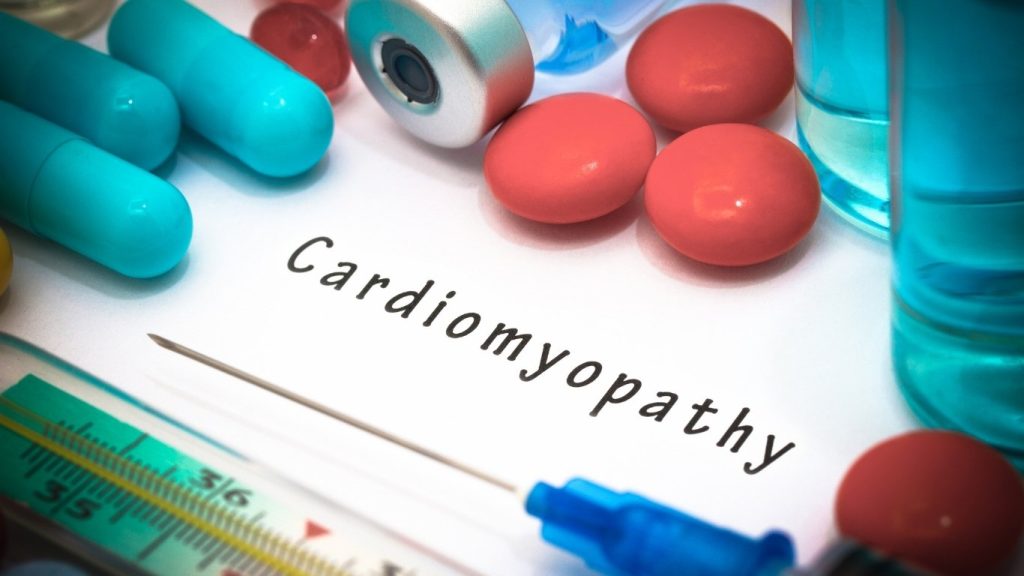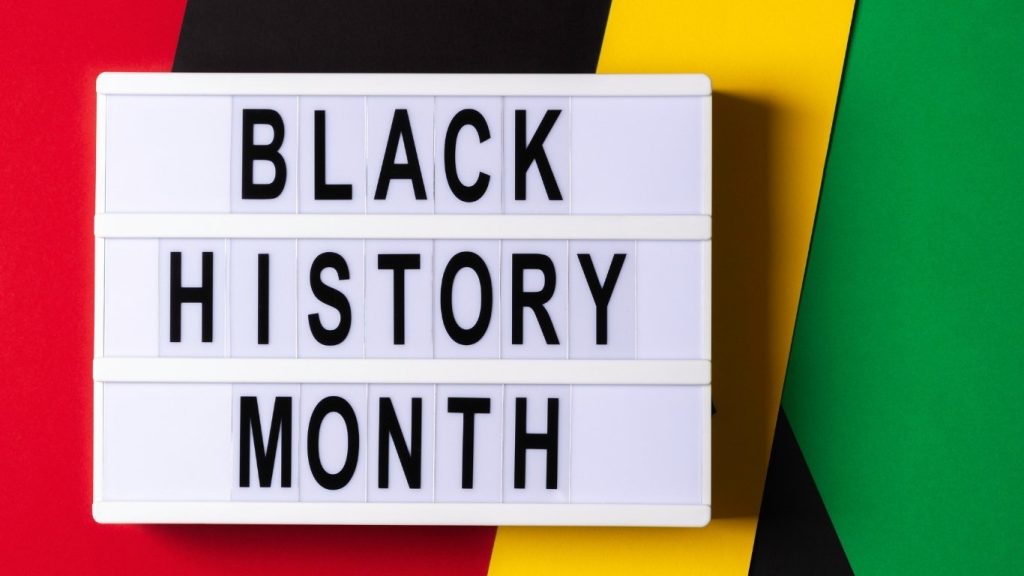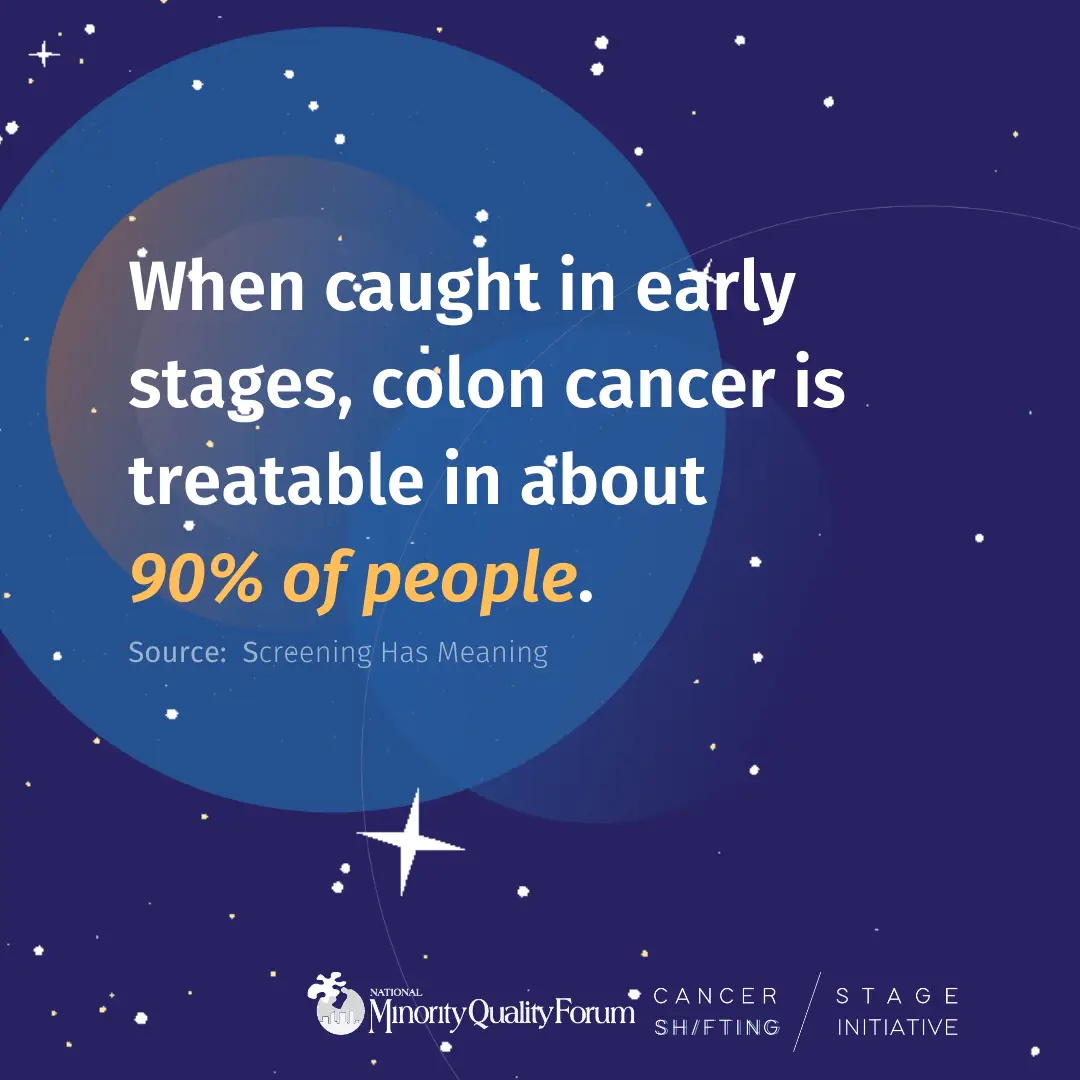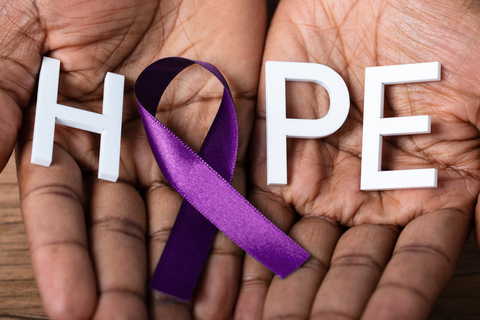
Preventive health care is one of the most powerful tools for protecting well-being, yet many people delay or skip important screenings. In Black communities, regular screenings are especially critical because of the higher risks for certain chronic illnesses and the disparities in access to care. Early detection not only saves lives but also improves health outcomes, reduces costs, and strengthens families and communities.
Why Screenings Matter
Health screenings are tests that help detect diseases before symptoms appear. Conditions like high blood pressure, diabetes, certain cancers, and heart disease often develop silently. By the time symptoms surface, these illnesses may already be advanced and harder to treat. Screenings give individuals and doctors the chance to catch health problems early, when treatment is most effective.
Health Disparities in Black Communities
Black communities experience disproportionate rates of illnesses such as: high blood pressure and heart disease, type 2 diabetes, breast/prostate and colorectal cancer, and kidney disease.
These disparities are influenced by a combination of factors, including systemic inequities in access to health care, socioeconomic barriers, and a lack of culturally tailored health information. This makes preventive care—including screenings—even more essential.
The Benefits of Early Detection
-
Better treatment options: Many diseases caught early can be managed or even cured.
-
Lower health care costs: Preventing or managing illness early reduces expensive hospital visits and emergency care.
-
Longer, healthier lives: Screenings help families stay together and communities thrive.
Breaking Barriers to Care
It’s important to address the reasons why people may avoid screenings, such as cost, lack of insurance, mistrust in the health system, or limited access to providers. Community-based health programs, mobile clinics, and partnerships with trusted organizations like churches and local nonprofits can make screenings more accessible and culturally sensitive.
Taking Action
-
Talk to your doctor or a trusted health provider about which screenings are right for your age and health history.
-
Participate in local health fairs or mobile clinics that offer free or low-cost screenings.
-
Encourage family members and friends to get checked—it’s easier to take steps when you do it together.
The Bottom Line
Health screenings are not just about individual health—they are about protecting families, preserving communities, and building a stronger future. For Black communities, where health disparities are too often a reality, screenings are an act of empowerment and prevention. Prioritizing regular checkups and tests can mean living not only longer, but better.
Trending Topics
Features
- Drive Toolkit
Download and distribute powerful vaccination QI resources for your community.
- Health Champions
Sign up now to support health equity and sustainable health outcomes in your community.
- Cancer Early Detection
MCED tests use a simple blood draw to screen for many kinds of cancer at once.
- PR
FYHN is a bridge connecting health information providers to BIPOC communities in a trusted environment.
- Medicare
Discover an honest look at our Medicare system.
- Alliance for Representative Clinical Trials
ARC was launched to create a network of community clinicians to diversify and bring clinical trials to communities of color and other communities that have been underrepresented.
- Reducing Patient Risk
The single most important purpose of our healthcare system is to reduce patient risk for an acute event.
- Jessica Wilson
- Jessica Wilson
- Subash Kafle

